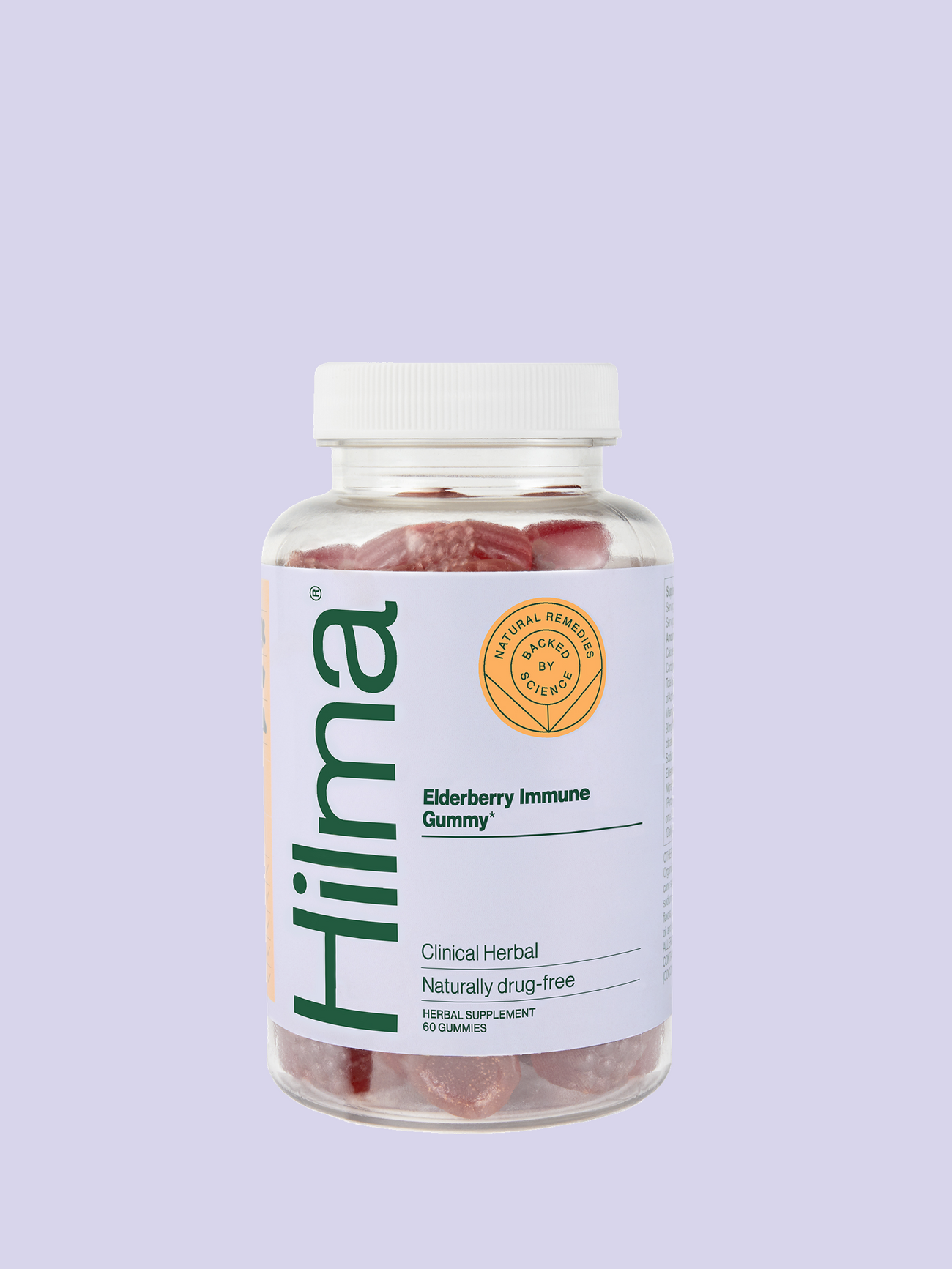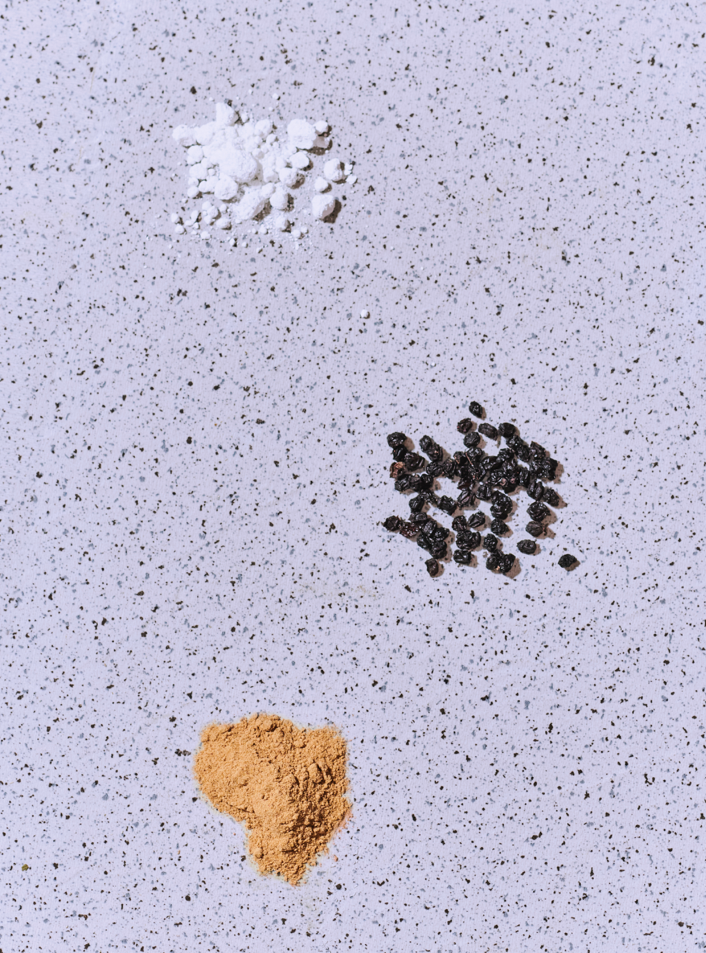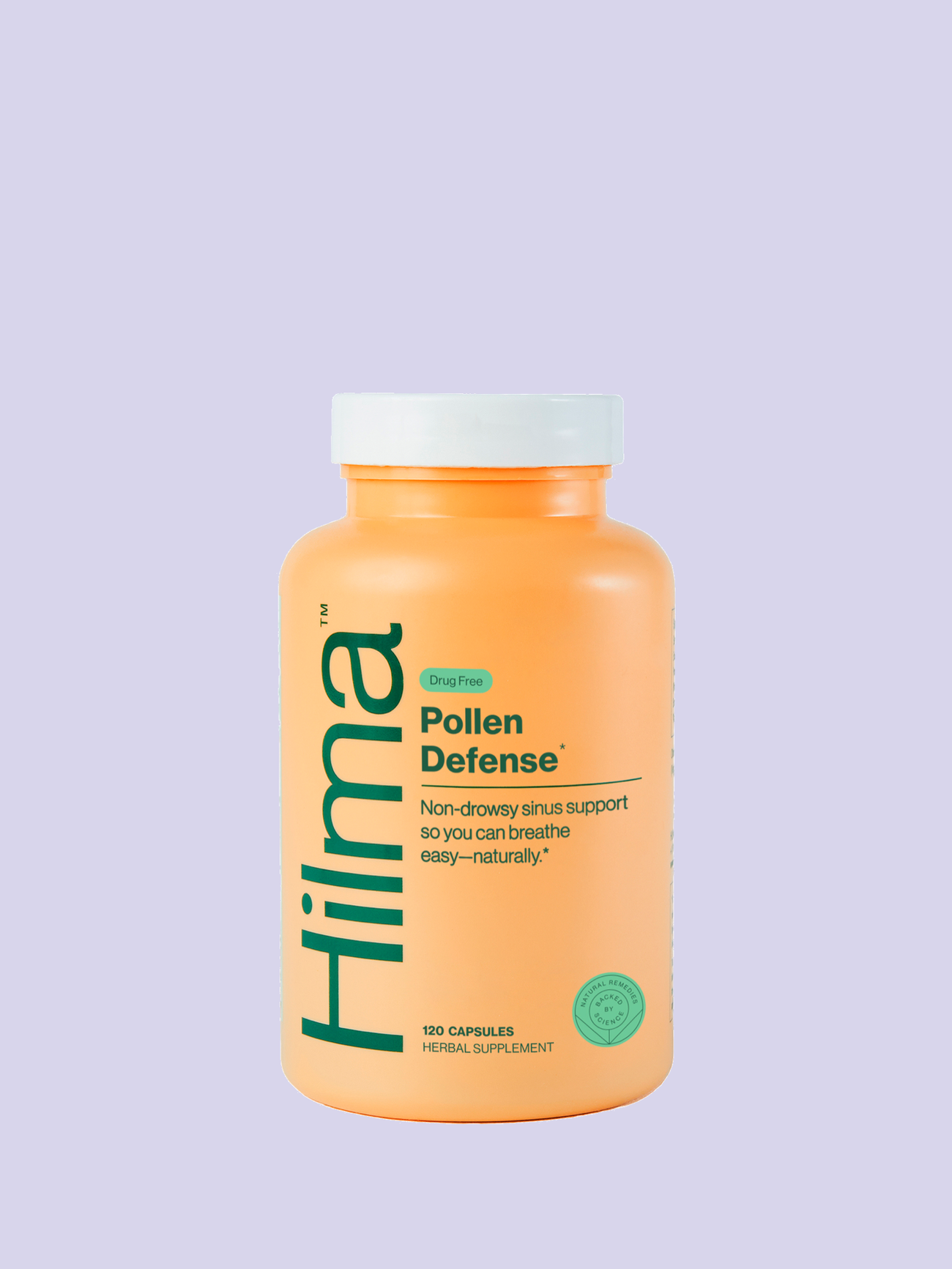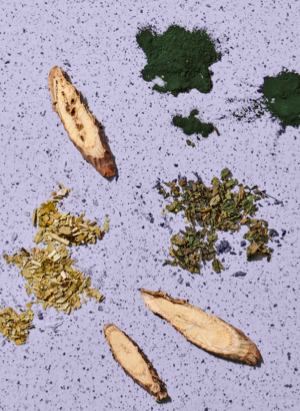
Spirulina is part of the blue-green algae family, and just so happens to be one of the world’s most popular supplements. You might recognize it as one of the ingredients that is often listed in your smoothies, energy bars, and all kinds of wellness products.
Interestingly enough, Spirulina can also help with your sinuses. Let’s look into this more deeply.
The History
Spirulina is more than 3.5 billion years old, and can be found on every continent but Antarctica. As a plant, it’s capable of withstanding extreme conditions — conditions that would spell the end for other water-organisms — which gives a hint as to why it’s been around for so long. Spirulina was eaten by the ancient Aztecs, and centuries later was still considered such a good source of nutrition that NASA proposed growing it in space for consumption by astronauts.
Today, Spirulina is both a common ingredient and health remedy.
The Benefits
The list of benefits brought about by Spirulina is a long one. It’s a great source of protein, it’s an essential fatty acid, it also has various minerals, beta-carotene, and gamma linolenic acid. It is also used as an immune booster, and to improve kidney, and liver function.
When it comes to sinus health and things like seasonal allergies, Spirulina is an excellent source of antioxidants, and has inflammation fighting properties. Indeed, spirulina has been found to reduce nasal inflammation — which can minimize allergy symptoms.
The Science
Studies have shown that Spirulina is effective at reducing various allergy symptoms including sneezing, congestion, itching, and nasal discharge. It does all this by inhibiting the release of histamines by mast cells, as well as by regulating inflammatory cytokines like IL-4. Studies done in many countries around the world, all seem to indicate that Spirulina’s greatest strength is that is it able to enhance the immune system by covering nutritional deficiencies. Essentially, Spirulina is a win-win: It helps with sinus health and simultaneously loads you with nutrients.
Footnotes
- Algorigin
- NASA
- Harvard Health Publishing
- Healthline
- U.S. National Library of Medicine
- Journal of Medicinal Food
This information is for educational purposes only and should not be taken as medical advice. Please consult a physician before treating any disorder.




